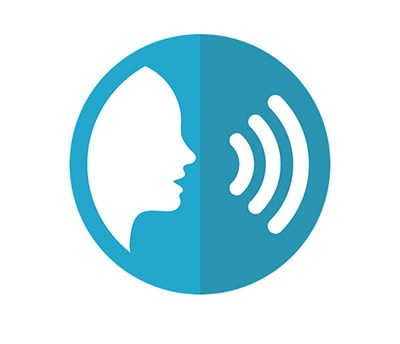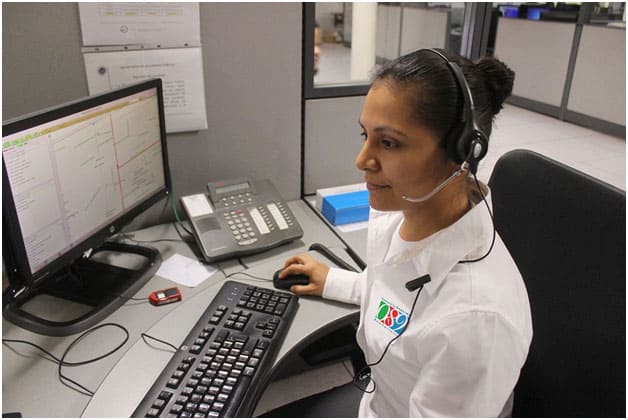
Image Credit: mcmurryjulie/Pixabay
Most people are aware of certain heart attack symptoms, like sweating, chest tightness, and pain in the left arm. However, one symptom most people are not aware of is agonal breathing. Agonal breathing is a distinct type of gasping, guttural, abnormal breath that is made by about half of people who experience a heart attack, according to research done by the University of Washington.
However, if there’s no one around to hear the abnormal breathing, this information does no good. The majority of people who have a heart attack outside of a hospital do so while alone in their bedrooms, and they are often unable to reach anybody for help. However, with modern technology, no one is ever completely alone. Medical alert devices can be life savers in these situations, which is Medical Alert Advice was created. We have many medical alert reviews to choose from such as Bay Alarm Medical reviews.

Image Credit: ernestoeslava / Pixabay
According to research done by listening to 911 calls made by people who suspect they may be experiencing a cardiac event, Amazon devices, iPhone models 5s and later, and Samsung Galaxies S4 and later, can all pick up the subtle, abnormal sounds made during an episode of agonal breathing. This fact has far-reaching implications. The researchers theorized that devices with smart speakers could be programmed to monitor the sounds in a room passively, and if they hear the distinctive sounds indicating agonal breathing, they could automatically alert emergency personnel, family members, or possibly someone nearby to perform CPR. Smart speaker agonal breathing detection could be done through a downloadable app. A prototype of such an app was tested in April, and it correctly identified agonal breathing 97% of the time, so the odds are good that a very effective form of this technology could be developed soon.
No cardiac monitoring apps are currently being released to the public, however. With the apps under development, if the device suspects someone is having a heart attack, emergency personnel and family members will be notified automatically. At this stage, the app has too high of a false positive rate for developers to feel comfortable rolling it out to the public.
Also, agonal breathing is not the only sign of a heart attack that can be detected by smart devices. Apple Watches, for example, can detect irregular heartbeats. In fact, Apple released an ECG app for the Apple Watch series four that is FDA approved. However, the helpfulness of this technology is in question.
Devices like medical alert systems, which call medical personnel if the user experiences an emergency and presses their alert button, have been around for a long while. However, users might not always be able to press their button to call for help, and not everyone who would benefit from a medical alert system has one. Many people are resistant to the idea that they could fall or get hurt while alone in their homes, and so they do not take the proper precautions. While smart devices may eventually be able to provide a safety net for people in case of a cardiac event, in the meantime, it is important to know one’s risk for a heart attack and be prepared for one.


